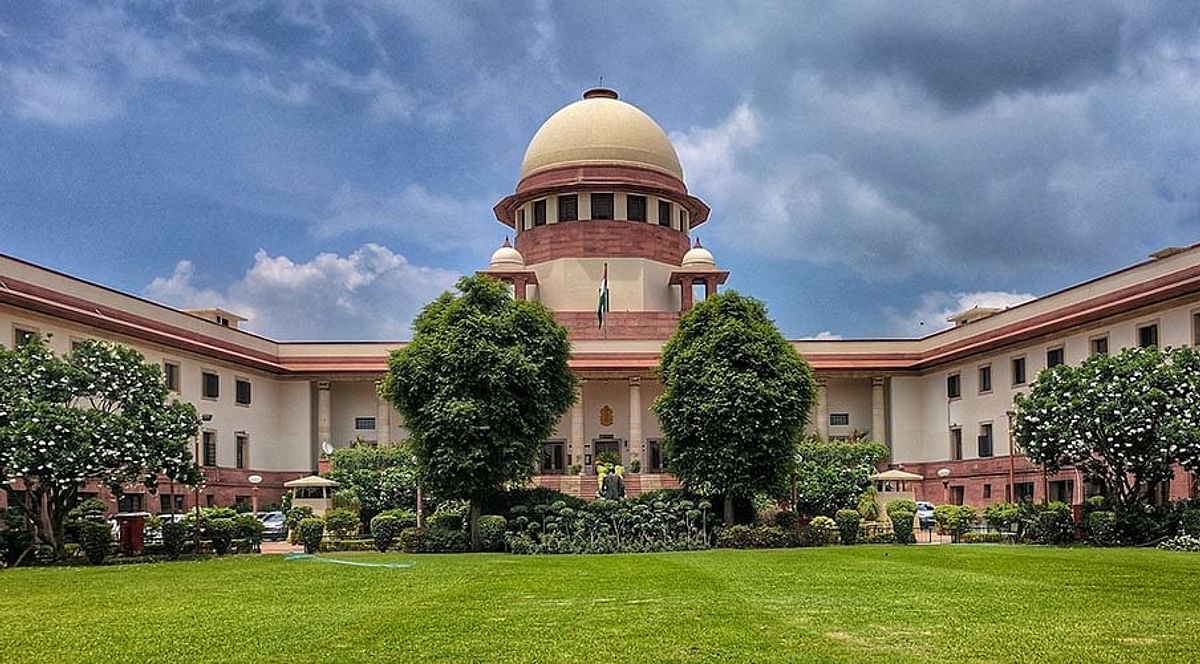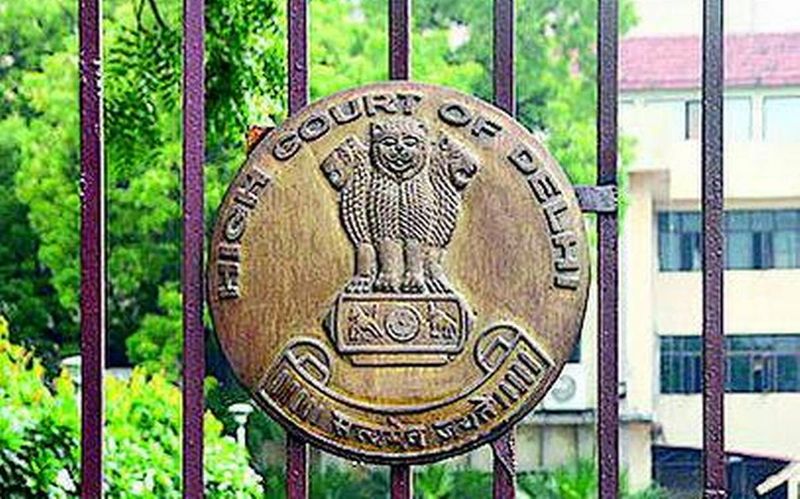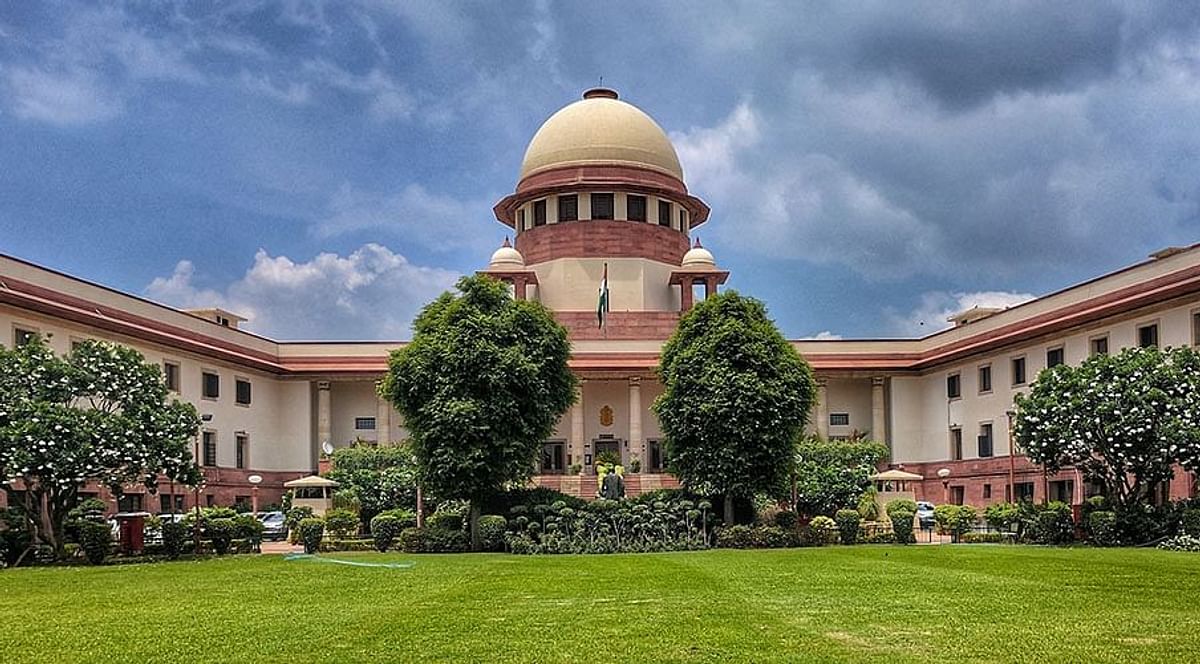

Supreme Court's Big Ruling On PMLA Arrest
<button class="rounded-md p-1 text-token-text-tertiary hover:text-token-text-primary"></button><button class="rounded-md p-1 text-token-text-tertiary hover:text-token-text-primary"></button><button class="rounded-md p-1 text-token-text-tertiary hover:text-token-text-primary"></button>
<button id="radix-:r55:" class="cursor-pointer rounded-md px-1 text-token-text-secondary gap-1.5 rounded-md p-1 hover:text-token-text-primary" type="button" aria-haspopup="menu" aria-expanded="false" data-state="closed"></button>
Supreme Court's Big Ruling On PMLA Arrest







 OpinionExpress.In
OpinionExpress.In















Comments (0)